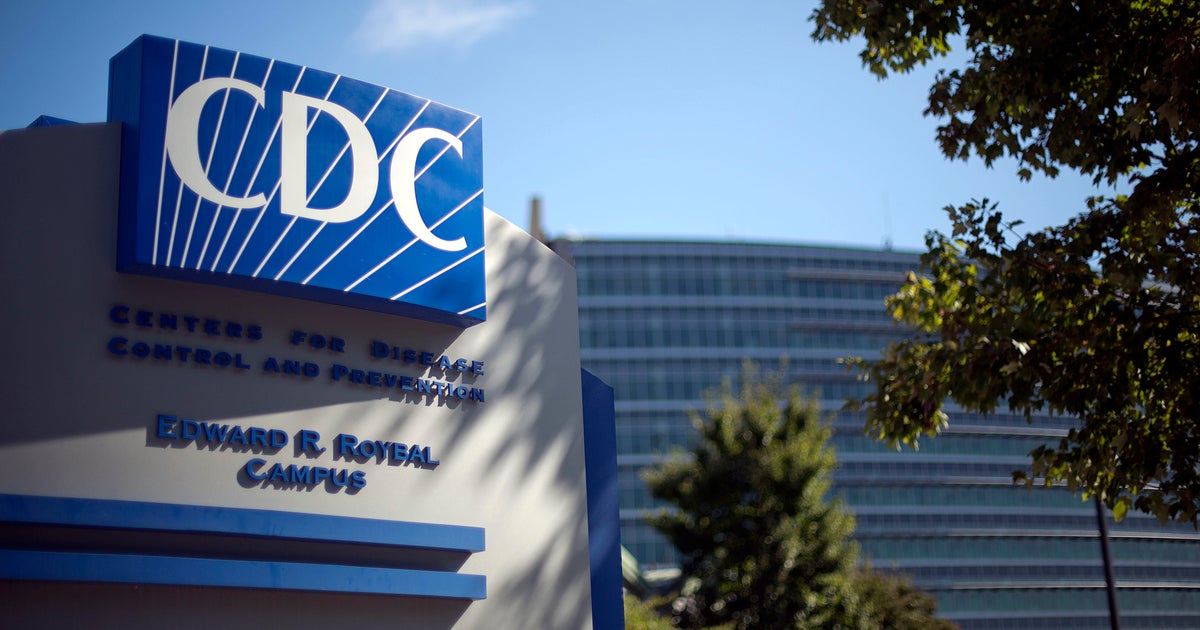The Centers for Disease Control and Prevention updated its guidance Wednesday for travelers in the wake of a global rise in measles outbreaks, as cases have mounted across 17 states.
Americans planning to travel abroad should consult their doctors at least six weeks before traveling if they are unsure about whether they are up to date on their vaccines, the agency now says, in order to avoid catching the highly contagious virus during their trip.
The CDC previously said in November that travelers only needed to schedule an appointment at least one month before their trip, in order to have enough time to get vaccinated.
Russia and Malaysia were also added Wednesday to the CDC’s map of 46 countries now facing large measles outbreaks. However, the agency warns that the global rise in measles cases remains a threat in other parts of the world too.
“Measles spreads rapidly and may become a risk to travelers in places not included on the list above. CDC recommends all travelers are fully vaccinated against measles when traveling to any international destination,” the agency says.
It is not clear what prompted the CDC’s new measles guidance tweaks. A spokesperson for the agency did not immediately answer a request for comment.
In recent weeks, health authorities have ramped up their plea for Americans to get vaccinated before spring break travel this year.
Officials have cited recent outbreaks linked to travelers who were infected abroad and had been eligible to be vaccinated.
Those include a cluster over the winter in Philadelphia, linked to an unvaccinated baby. The infant had been old enough to get a shot of the measles-mumps-rubella or MMR vaccine, which is recommended for travelers at least 6 months old.
Another had been in Idaho, which state health authorities linked to an unvaccinated adult who traveled to Europe, where many countries are now facing resurgent outbreaks of the virus.
“The World Health Organization has noted a significant increase in measles cases worldwide, with a 30-fold increase in Europe. This includes popular international tourist destinations for Americans, like England,” the CDC said in a report on March 8.
What to know about the measles vaccine
Two doses of MMR vaccine offers 97% protection against measles, the CDC says, and at least one dose offers 93%. The shot offers lifelong protection against measles.
Most Americans got two doses of the vaccine by the time they were 6 years old, under CDC recommendations and widespread school requirements, though vaccination rates have slipped in recent years.
For adults born after 1957 who are unsure if they are protected, all are recommended to get at least one dose of the vaccine if they do not have evidence of immunity, like records of vaccination or previous infection.
Growing measles cases in the U.S.
In the United States, state and local health authorities have announced at least 55 confirmed or suspected cases of measles so far this year across 17 states.
That is close to the 58 total measles cases the CDC says were reported for all of 2023. The last peak of yearly measles cases was in 2019. That year 1,274 infections were reported, making up the most on record in a single year since 1992.
Most new cases in the past week have been in Illinois, where Chicago health authorities have been responding to an outbreak in a migrant shelter. That outbreak prompted the deployment of CDC and state teams to aid the response, as the city has sought to screen and vaccinate hundreds potentially exposed.
New infections have also been announced over the past week in California and Arizona.
A spokesperson for the California Department of Public Health said Wednesday there were four reported measles cases statewide, and that “cases have been linked to travel to countries with epidemics in the wake of decreased routine immunization.”
Hundreds may have been exposed at a hospital in Sacramento, authorities warned on March 8, after a child contracted the virus following a trip outside of the country.
State officials said their measles trends remain “similar to pre-pandemic levels” so far.
Officials in Arizona’s Coconino County also announced a new case on March 11. Three previous infections were reported this year in Arizona’s Maricopa County, which spans Phoenix, but the new case wasn’t linked to those or to international travel, a county health and human services department spokesperson said Tuesday.


